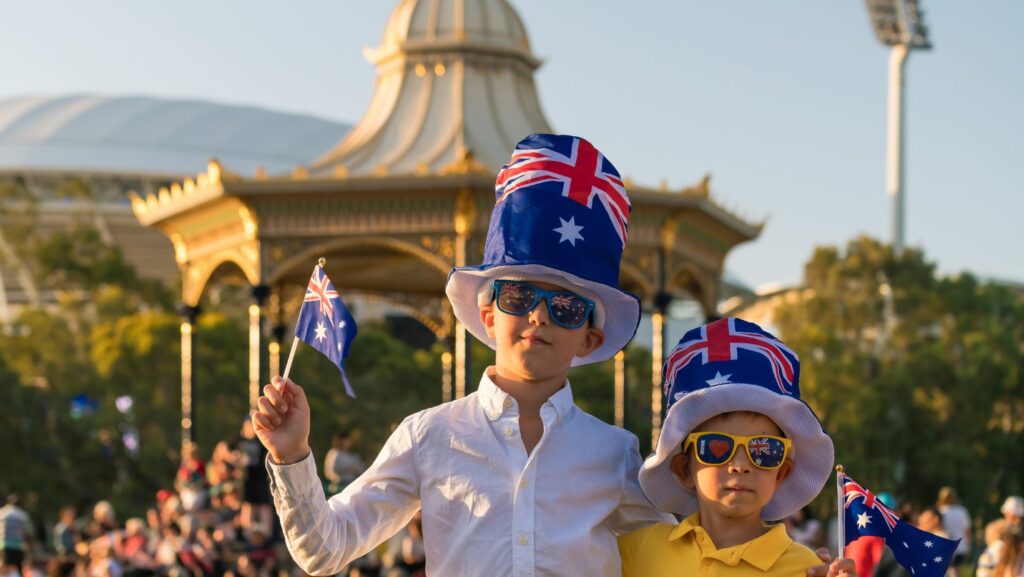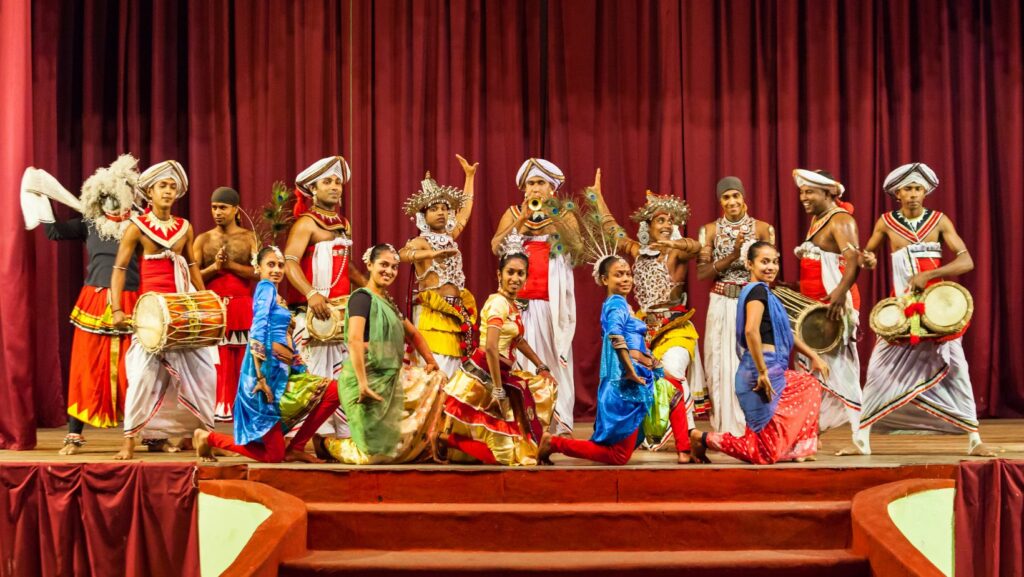Key Takeaways
- Exploration of Male Identity: Boy culture movies provide deep insights into the complexities of male adolescence, emphasizing the ongoing journey of self-discovery amidst societal pressures.
- Themes of Friendship: These films highlight the intricacies of male friendships, portraying loyalty, rivalry, and emotional vulnerability as pivotal elements of identity formation.
- Critique of Societal Norms: Many boy culture films challenge traditional notions of masculinity, encouraging viewers to question rigid gender roles and embrace emotional expression.
- Impact on Personal Growth: The narratives often reflect relatable struggles and triumphs, fostering empathy and understanding among audiences, which can transcend generational gaps.
- Cultural Significance: Movies like “”Moonlight”” and “”Boyhood”” engage with contemporary social issues, shaping dialogues around mental health, sexuality, and emotional resilience in young males.
- Legacy of Classic and Contemporary Titles: The evolution of boy culture movies spans decades, with both classic and modern films contributing valuable perspectives on youthful experiences and identity development.
Boy culture movies offer a compelling glimpse into the complexities of male adolescence and identity. These films often explore themes of friendship, love, and the struggles of growing up in a society that imposes rigid expectations on boys. With their raw emotions and relatable characters, they resonate deeply with audiences, sparking conversations about masculinity and personal growth. From coming-of-age tales to gritty dramas, boy culture movies capture the essence of youthful experiences. They challenge stereotypes and provide insight into the pressures boys face, making them not just entertaining but also thought-provoking. As viewers delve into these narratives, they find a mirror reflecting their own journeys, fostering empathy and understanding across generations.
Boy Culture Movie
 Boy culture movies offer a nuanced exploration of male adolescence, delving into themes like friendship, love, and societal expectations. These films frequently portray the struggles boys face while navigating relationships and identity formation.
Boy culture movies offer a nuanced exploration of male adolescence, delving into themes like friendship, love, and societal expectations. These films frequently portray the struggles boys face while navigating relationships and identity formation.
- Friendship: Boy culture movies often depict the complexity of male friendships, showcasing loyalty and conflict. Characters navigate loyalty through various experiences.
- Identity: Many films address the journey of self-discovery, highlighting the tension between societal norms and personal desires. Characters confront internal and external pressures that shape their identities.
- Romance: Romantic relationships serve as a focal point, illustrating unique challenges boys encounter. These interactions reflect emotional growth and vulnerability.
- Societal Expectations: The impact of societal norms on male behavior is a recurring motif. Films critique traditional masculinity, questioning prescribed roles and behaviors associated with being a boy.
- Coping Mechanisms: Many boys in these narratives develop coping strategies to handle life’s challenges. These can include humor, rebellion, or forming close-knit support networks.
Boy culture movies resonate with audiences by fostering empathy and understanding, bridging the generational gap in experiences.
Key Themes in Boy Culture Movies
Boy culture movies delve into the intricate dynamics of male identity, relationships, and societal pressures. The narratives often highlight the journey of young boys as they struggle with personal and cultural expectations.
Identity and Self-Discovery
Identity and self-discovery form a crucial theme, with characters navigating the complexities of adolescence. Numerous films feature protagonists confronting the clash between personal aspirations and societal norms. They engage in introspective journeys, testing boundaries and exploring their authentic selves. For instance, a character might struggle with a hidden passion while adhering to traditional masculine expectations. Such explorations lead to critical moments of self-acceptance, illustrating the importance of embracing individuality amidst external pressures.
Relationships and Friendship
Relationships and friendship present a multifaceted theme, portraying both loyalty and conflict among male characters. Films often depict intense bonds forged through shared experiences, emphasizing how these connections shape identity. Moments of rivalry, jealousy, and support highlight the intricacies of male friendships. Instances of betrayal may lead to significant character development, challenging boys to reconcile their actions with their values. Emotional vulnerabilities revealed in these relationships underscore the depth of male connections, contributing to their emotional growth.
Masculinity and Society
Masculinity and society critique traditional norms surrounding male behavior. Many boy culture films question rigid definitions of masculinity, examining their detrimental effects on young boys. Narratives often depict characters grappling with the pressure to conform to societal expectations, such as toughness or emotional restraint. Through these portrayals, films advocate for a broader understanding of masculinity, encouraging expressions of vulnerability, compassion, and authenticity. The exploration of male stereotypes fosters dialogues about evolving gender roles, prompting viewers to reflect on their perceptions of masculinity in contemporary society.
Notable Boy Culture Movies
Boy culture movies capture the essence of male adolescence, providing insights into identity, friendship, and societal challenges. Noteworthy films have emerged across different eras, each contributing to the discourse around masculinity.
Classic Titles
- The Graduate (1967): This film follows Benjamin Braddock, a recent college graduate navigating an affair with an older woman while grappling with his future. Its themes of disillusionment and societal expectations resonate with many young men.
- Stand by Me (1986): Based on a Stephen King novella, this coming-of-age film chronicles four boys on a journey to find a missing boy’s body. It showcases childhood friendships and the profound impact they have on identity development.
- Dead Poets Society (1989): Set in a conservative all-boys preparatory school, this film highlights the influence of a passionate English teacher. It challenges students to embrace their individuality and pursue their passions in the face of societal pressure.
- Boyz n the Hood (1991): This film provides a raw depiction of life in South Central Los Angeles. It delves into issues of race, violence, and friendship, offering a poignant exploration of young men’s struggles in a challenging environment.
- Moonlight (2016): This Oscar-winning film follows a young African American man’s journey to self-discovery through childhood, adolescence, and adulthood. It tackles themes of identity, masculinity, and the search for love in a world influenced by societal norms.
- Call Me by Your Name (2017): Set in 1980s Italy, this coming-of-age film chronicles a summer romance between a teenager and a visiting scholar. It explores desire, identity, and the complexities of first love within the context of male vulnerability.
- The Way He Looks (2014): This Brazilian film portrays a blind teenager navigating friendship and love. It addresses themes of independence and self-acceptance as he explores his feelings for a new classmate.
- Boyhood (2014): Filmed over 12 years, this groundbreaking coming-of-age film captures the life of a boy from childhood to young adulthood. It portrays the complexities of growing up and the influence of family dynamics on identity.
These films, both classic and contemporary, enrich the conversation around boy culture, emphasizing the continual evolution of young men’s experiences and identities.
Impact of Boy Culture Movies
Boy culture movies significantly influence societal norms and individual perspectives regarding masculinity and male identity. Their cultural relevance shapes the way audiences perceive relationships, identity formation, and the challenges boys face in modern society.
Cultural Relevance
Boy culture movies engage with contemporary social issues, reflecting and shaping cultural narratives around masculinity. They often tackle topics such as mental health, sexuality, and emotional expression, which resonate with ongoing societal discussions. Films like “”Moonlight”” challenge traditional views, illuminating the intersection of race, sexuality, and identity. This broadens the cultural discourse, prompting audiences to reconsider stereotypes and embrace diverse representations of male experiences.
masculinity. They often tackle topics such as mental health, sexuality, and emotional expression, which resonate with ongoing societal discussions. Films like “”Moonlight”” challenge traditional views, illuminating the intersection of race, sexuality, and identity. This broadens the cultural discourse, prompting audiences to reconsider stereotypes and embrace diverse representations of male experiences.
Influence on Audiences
Boy culture movies profoundly affect viewers, promoting empathy and understanding of male vulnerability. Through relatable characters and situations, audiences can identify with the challenges of adolescence. For instance, “”The Perks of Being a Wallflower”” resonates with many teenagers facing anxiety and isolation. Such films encourage viewers to reflect on their experiences and relationships, fostering open conversations about mental health and emotional well-being. By showcasing varied paths to self-discovery and acceptance, these films inspire younger generations to embrace authenticity, nurturing a healthier understanding of masculinity.
Boy culture movies play a vital role in shaping discussions around masculinity and identity. They offer a lens through which audiences can explore the complexities of male adolescence. By challenging traditional norms, these films encourage a more nuanced understanding of what it means to be a boy today. The emotional journeys depicted in these narratives resonate deeply with viewers. They foster connections and promote empathy, allowing individuals to reflect on their own experiences. As society continues to evolve, these films remain essential in highlighting the importance of vulnerability and authenticity in male relationships.
Ultimately, boy culture movies not only entertain but also inspire meaningful conversations about identity, friendship, and the pressures young boys face. Their cultural impact will undoubtedly continue to influence how masculinity is perceived and expressed in the future.



